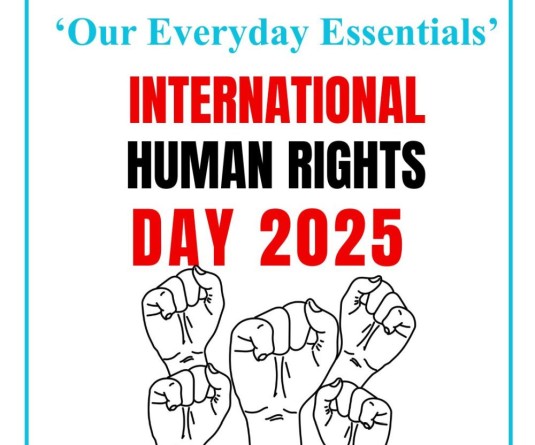
Morung Express News
Dimapur | November 22
Justice has been the first casualty of military suppression in Jammu Kashmir, a joint report of Public Commission on Human Rights (PCHR), Jammu Kashmir, and Peoples Union for Democratic Rights (PUDR), stated a press note issued by Shashi Saxena on behalf of PUDR. The report was released in New Delhi on Monday, November 19.
The report ‘Missing in action: A report on judiciary, justice and army impunity in Kashmir’ illustrates how in the long years of army presence in Jammu Kashmir, justice has become the casualty of military suppression. The report says that when crimes are committed against people by the government forces, justice is denied to them “a course of action which not only signals the defeat of political-solution-seeking, but also aggravates the original problem”. “Such impunity from prosecution from crimes is inherent in the Armed Forces Special Powers Act (AFSPA) notwithstanding the much touted safeguards included in the Act itself,” the report says.
The report is based on a recent judgement of the Supreme Court of India (May 2, 2007) in the case of Masooda Parveen versus Union of India, rejecting a writ petition under Articles 32 (Right to Constitutional Remedies) and 21 (Protection of life and personal liberty) asking for compensation, filed by the wife of one Ghulam Mohi-ud-Din Regoo. Regoo died in army custody on February 3, 1998. A review petition filed by the wife against the judgement was also rejected by the Supreme Court on October 11, 2007.
Army claims that Regoo who was picked up on February 1, 1998 had “admitted” during his interrogation that he was a Pakistan trained militant and an ex-divisional commander of Al Barq militant outfit. The army also claims that he had agreed to lead the army to their hideout in the area of Waterwan heights. The army says that at 3 am on February 3, 1998, while he was removing the stones at the hideout there was an explosion, probably a booby trap, in which he died.
However Regoo’s wife, the petitioner, alleged that he was tortured and thereafter, in order to hide their crime, explosive were placed on his body and then detonated. She pointed out numerous subsequent acts of omission and commission which revealed that there was an attempt made by the army as well as the police to suppress the truth.
The report focused attention on certain international conventions and instruments provisions in the Rome statute relating to ‘war crimes’ and ‘crimes against humanity’ as well as common Article 3 of the Geneva Convention relating to situations of non-international conflict. These help define the rights of non-combatants and make combatants accountable, and refines burden of proof which take the special significance in areas where people are subjected to military suppression over long periods. The report says that the State has failed to provide evidence rebutting allegation of custodial killings.



.jpg)


